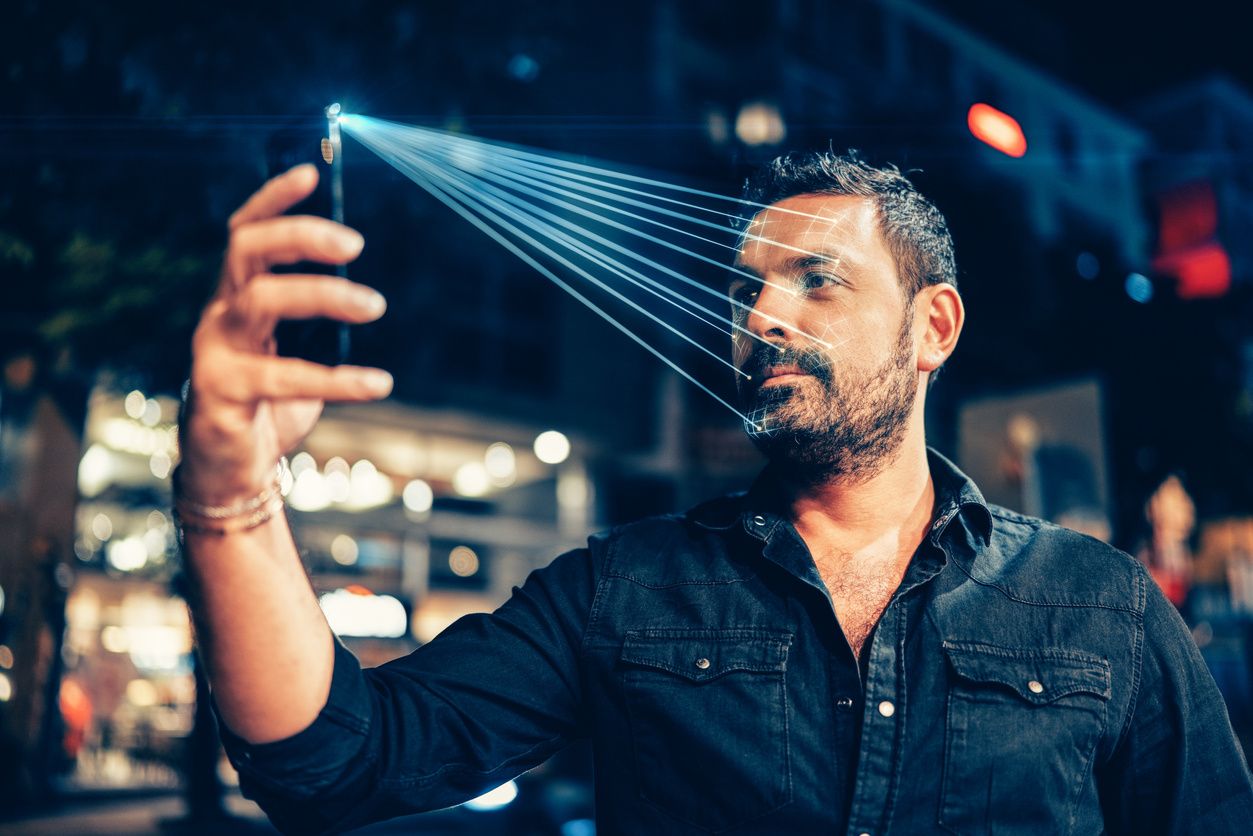Undone by the iPhone, San Francisco’s face recognition ban is tricky to enforce
San Francisco has amended a blanket ban on the government use of face recognition technology, as the move had made using an iPhone illegal.
The ban came into force in May, and was soon followed by a similar blocking of face recognition technology in Oakland and Somerville, Massachusetts. The idea was to prevent law enforcement and other government agencies from using the technology to surveil its citizens.
Read More:
- San Francisco is first US city to ban face recognition tech
- Oakland joins San Francisco with blanket face recognition technology ban
Face recognition systems have a history of being unreliable, and are seen in the eyes of many as being too Orwellian for widespread use on the general public.
Catalyst - Case for iPhone 11 Case with Clear Back, Heavy Duty 10ft Drop Proof, Truss Cushioning System, Rotating Mute Switch Toggle, Compatible with Wireless Charging, Lanyard Included - Black
But the blanket ban quickly presented a problem: what about consumer devices with face recognition systems? Since September, all iPhones sold new by Apple include Face ID, which scans the owner's face, saves this three-dimensional map, then uses it to recognize them each time they pick up the handset.
This fall also saw Google launch its new Pixel 4 phone, which also includes a face-unlock feature. Because the ban technically included these technologies, it meant that any government worker using an iPhone or Pixel 4 while at work was breaking the law.
Now, an amendment has quietly been made to exclude smartphones, reports Wired. However, while devices with face recognition technology can now be used legally by government workers, these features must be switched off. Therefore, iPhone and Pixel 4 owners have to disable Face ID and face unlock, and stick with entering a PIN or password instead.
The law now states that these devices can be used, so long as the device's other features - like being able to make phone calls and check email - are deemed critically necessary, and there are no viable alternatives.
Short of requiring government workers to only use smartphones without face unlock systems, this makes sense. However, it also opens the door for law enforcement to argue that other face recognition technologies are critically necessary. We have a feeling this issue will rumble on through 2020 and beyond.
OtterBox DEFENDER SERIES Case for Google Pixel (5" VERSION ONLY) - Retail Packaging - BLACK
